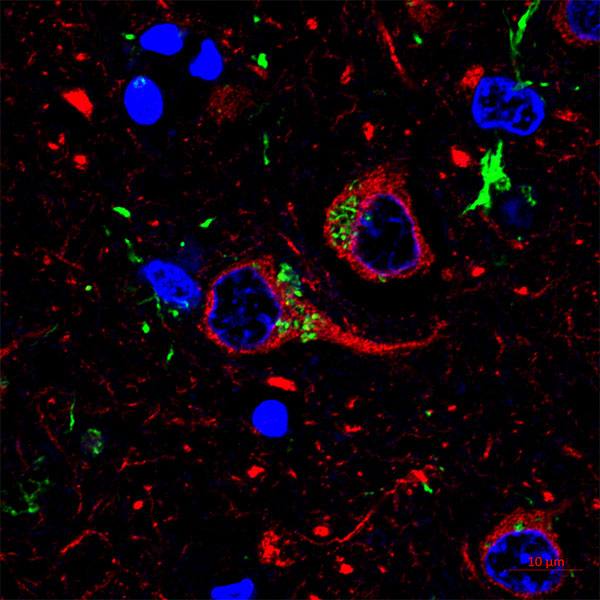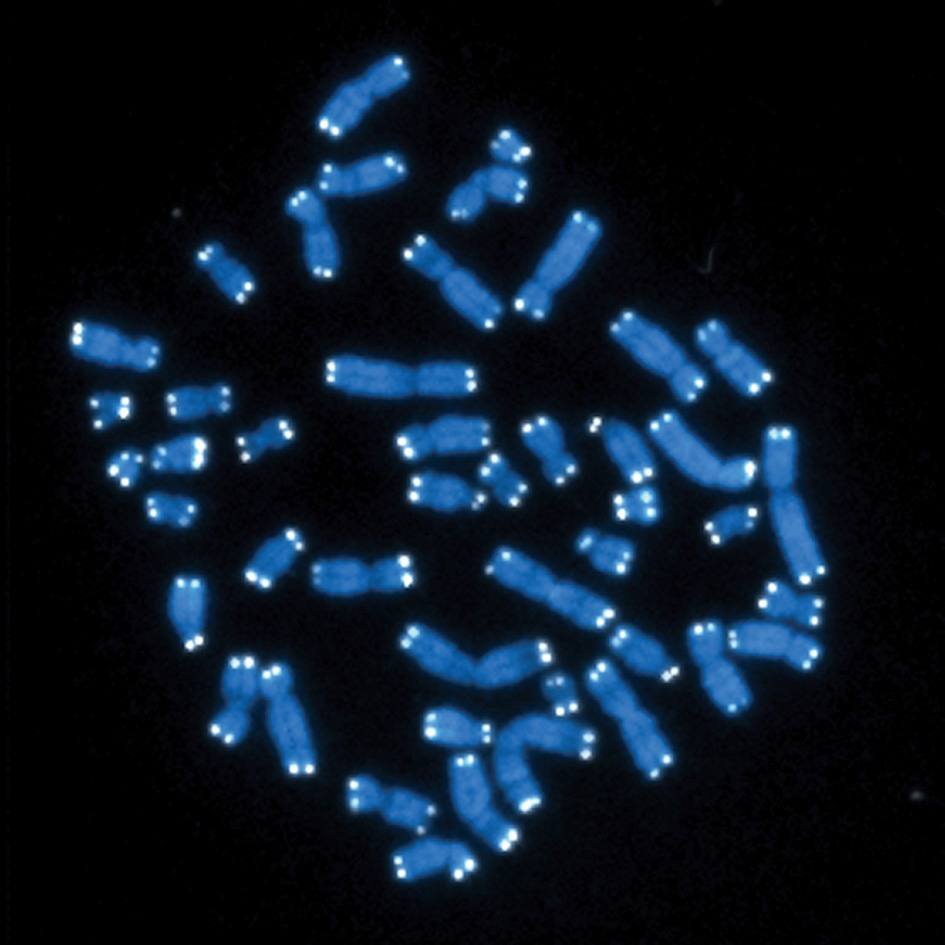-
Aging
Science Saturday: Mayo Clinic study reveals aging speeds genomic mutations in brain

Somatic mutations naturally occur in cells throughout human development and during aging. However, it has yet to be determined whether the frequency of somatic mutations in the population are a contributing factor to the cause of neuropsychiatric disorders, cancers, and various diseases.
Alexej Abyzov, Ph.D., a Mayo Clinic genomics researcher, seeks to gain a better understanding of genomic variants so that one day it will be possible to identify individual genetic risks in diseases, monitor these risks during a person’s lifetime, personalize medical treatment and improve therapy.
In a study released in Science, Mayo Clinic researchers analyzed the somatic variants in 131 human brains. The analysis included 44 neurotypical brains, 19 with Tourette syndrome, nine with schizophrenia, and 59 with an autism spectrum disorder.
Researchers highlighted the following findings:
- While most studied brains had just a few dozen mutations of likely developmental origin in proliferating cells, greater than or equal to 6% of brains were classified as hypermutable, in which mutation is abnormally frequent.
- Hypermutability was not related to disease but did increase with age, reaching at least a 3% population frequency for brains over 40 years old.
- Somatic duplications, likely arising during development, were found in greater than or equal to 5% of normal and diseased brains, reflecting the background production of genetic mutations.
- Half of the hypermutable brains studied in this work carried mutations in genes involved in clonal hematopoiesis in aging adults, consistent with previous observations from the analysis of a panel of genes. Clonal hematopoiesis is a common aging-related blood disorder.

“We found that a subset of brains has elevated mutation burden, i.e., hypermutable," says Dr. Abyzov, lead author. “Given the association of hypermutability with age and its frequent localization in one brain region, we hypothesized that it could be related to gliogenesis in adult brains.”
Gliogenesis refers to the formation of glial cells from their multipotent stem cells. Dr. Abyzov explains gliogenesis is important especially in the developmental stage to construct brain structure and impairments to gliogenesis at any stage of life are associated with many neurological disorders.
“It could be relevant to cognitive aging, such as Parkinson’s and Alzheimer’s disease, or hypermutability could be a remnant of a brain tumor that escaped earlier in life,” he says. “It has yet to be determined whether the frequency of mutations in the population contribute to the cause of neuropsychiatric disorders.”
The authors reported that the autism spectrum disorder cohort was the only one where deletions were detected in the individual genomes. Brains with autism were associated with mutations in enhancer-like regions in the developing brain, suggesting a potential link between their involvement in gene regulation and autism.
Dr. Abyzov notes future research establishing the cause and extent of hypermutability will require analysis of larger sets of brains and additional analyses at the single-cell level.
Learn more
Read more stories about advances in individualized medicine.
Register to get weekly updates from the Mayo Clinic Center for Individualized Medicine blog.
Join the conversation
For more information, visit Mayo Clinic Center for Individualized Medicine, or Twitter at @MayoClinicCIM.








